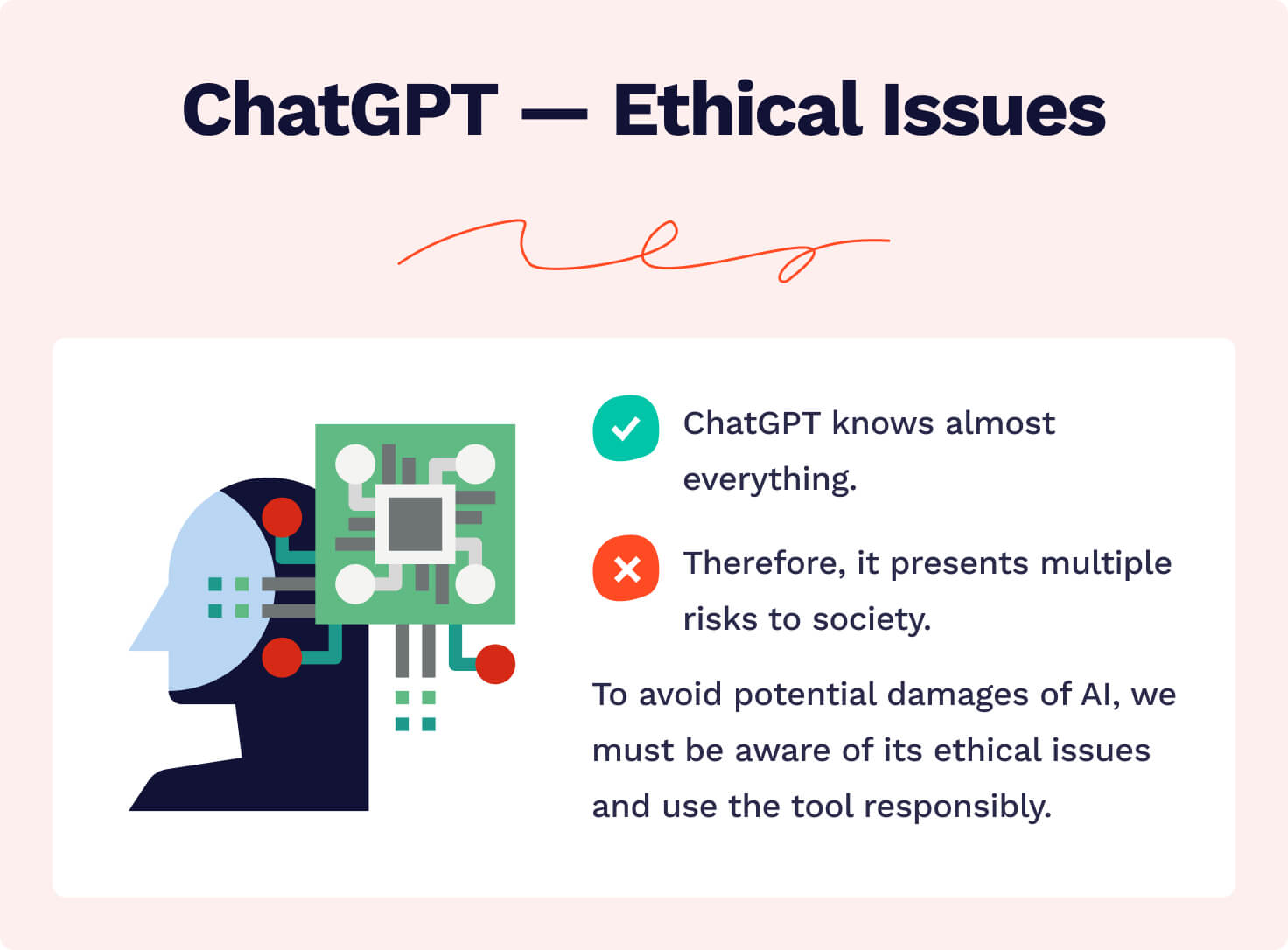The Evolving Good Life: Adapting To Change And Maintaining Wellbeing

Table of Contents
Defining Your Version of "The Good Life"
Before embarking on the journey towards "the good life," it's crucial to define what it means to you. This isn't about conforming to societal expectations; it's about identifying your personal values and translating them into actionable goals.
Identifying Your Core Values: What Truly Matters?
What truly matters to you? Your core values—the deeply held beliefs that guide your decisions and actions—form the foundation of a meaningful life. These values might include family, career success, health, creativity, spirituality, adventure, or intellectual growth. Taking the time to identify these core values is a vital step in achieving the good life.
- Journaling: Regularly dedicate time to journaling about your experiences, reflecting on what brings you joy, fulfillment, and a sense of purpose.
- Mindfulness Exercises: Practice mindfulness meditation to become more aware of your thoughts, feelings, and values. Pay attention to what resonates deeply within you.
- Values Clarification Exercises: Utilize online resources or workbooks designed to help you identify and prioritize your personal values. Many free exercises are available online.
Identifying your core values—be it through self-reflection, journaling or values clarification exercises—allows you to create a life aligned with your deepest beliefs, paving the way for living a good life. Understanding your personal values lays the groundwork for achieving your life purpose.
Setting Realistic and Meaningful Goals: From Values to Action
Once you've identified your core values, translate them into realistic and meaningful goals. These goals should be a direct reflection of your personal values and should align with your life purpose. Setting both short-term and long-term goals will provide a roadmap for your journey towards achieving the good life.
- SMART Goals: Use the SMART framework to make your goals Specific, Measurable, Achievable, Relevant, and Time-bound. For example, instead of "get healthier," aim for "walk for 30 minutes, three times a week, for the next three months."
- Goal Setting Strategies: Break down large, overarching goals into smaller, more manageable steps. This makes the process less daunting and provides a sense of accomplishment along the way.
- Regular Review and Adjustment: Regularly review your progress and adjust your goals as needed. Life is dynamic; your goals should be too.
Effective goal setting is a critical component of personal development and crucial in achieving the good life.
Embracing Change and Building Resilience
Life is full of unexpected twists and turns. Embracing change and building resilience are essential for navigating these challenges and maintaining wellbeing on your path to a good life.
Cultivating a Growth Mindset: Embracing Challenges
A growth mindset—the belief that abilities and intelligence can be developed through dedication and hard work—is crucial for adapting to change. Instead of viewing challenges as setbacks, embrace them as opportunities for learning and growth.
- Benefits of a Growth Mindset: Increased motivation, greater perseverance, enhanced problem-solving skills, and improved overall wellbeing.
- Strategies for Developing a Growth Mindset: Practice positive self-talk, focus on learning from mistakes, actively seek feedback, and celebrate small victories. Remember that setbacks are temporary and opportunities for growth.
By fostering a growth mindset, you cultivate the resilience needed to navigate the inevitable challenges life throws your way.
Developing Coping Mechanisms for Stress and Uncertainty: Managing Life's Ups and Downs
Life inevitably presents stressful situations and periods of uncertainty. Developing healthy coping mechanisms is vital for protecting your mental and emotional wellbeing.
- Mindfulness Practices: Mindfulness meditation, yoga, and deep breathing exercises can help you manage stress and anxiety.
- Stress-Reduction Techniques: Regular exercise, a balanced diet, and sufficient sleep are essential for overall wellbeing and stress management.
- Seeking Support: Don't hesitate to reach out to friends, family, or a mental health professional for support during challenging times.
Effective stress management is integral to maintaining emotional resilience and living a good life.
Nurturing Key Areas of Wellbeing: Holistic Approach to the Good Life
Achieving "the good life" requires a holistic approach, encompassing physical, mental, emotional, and social wellbeing.
Physical Wellbeing: The Foundation of a Fulfilling Life
Physical health forms the foundation for a fulfilling life. Prioritize exercise, a healthy diet, and sufficient sleep.
- Incorporating Physical Activity: Aim for at least 150 minutes of moderate-intensity aerobic activity per week. Find activities you enjoy to ensure consistency.
- Healthy Eating Habits: Focus on a balanced diet rich in fruits, vegetables, whole grains, and lean protein. Limit processed foods, sugary drinks, and unhealthy fats.
- Sleep Hygiene: Aim for 7-9 hours of quality sleep per night. Establish a regular sleep schedule and create a relaxing bedtime routine.
Prioritizing physical health is a cornerstone of achieving a good life.
Mental and Emotional Wellbeing: Nurturing Your Inner Landscape
Mental and emotional wellbeing are paramount to a fulfilling life. Address stress, anxiety, and depression proactively.
- Mindfulness Meditation: Regular mindfulness practice can help you manage negative emotions and cultivate inner peace.
- Cognitive Behavioral Therapy (CBT) Techniques: CBT techniques can help you identify and challenge negative thought patterns and behaviors.
- Seeking Professional Help: Don't hesitate to seek help from a mental health professional if you're struggling with mental health challenges.
Prioritizing your mental health is fundamental to living a good life.
Social Wellbeing: The Power of Connection
Meaningful connections and social support are crucial for overall wellbeing.
- Building Strong Relationships: Invest time and effort in nurturing relationships with loved ones.
- Nurturing Existing Connections: Regularly connect with family and friends through phone calls, visits, or shared activities.
- Joining Social Groups or Communities: Engage in activities that allow you to connect with like-minded individuals and build a sense of belonging.
Strong social connections are crucial in fostering a sense of belonging and are vital for achieving a good life.
Conclusion: Embark on Your Journey Towards Your Good Life
This journey towards "the good life" is an ongoing process of self-discovery, adaptation, and growth. By actively defining your values, embracing change, and nurturing your wellbeing in all its dimensions, you can cultivate a life filled with purpose, meaning, and lasting happiness. Remember, achieving "the good life" is a personal journey; take the time to reflect on your own definition of what truly makes you happy and fulfilled. Start living your good life today! Begin by identifying your core values and setting meaningful goals—the first steps toward building your evolving good life.

Featured Posts
-
 Munguias Revenge Dominant Victory Over Surace In Rematch
May 31, 2025
Munguias Revenge Dominant Victory Over Surace In Rematch
May 31, 2025 -
 The Countrys Evolving Business Landscape Key Growth Areas
May 31, 2025
The Countrys Evolving Business Landscape Key Growth Areas
May 31, 2025 -
 Understanding The Uptick In Covid 19 Cases A New Variants Impact
May 31, 2025
Understanding The Uptick In Covid 19 Cases A New Variants Impact
May 31, 2025 -
 Understanding Ais Learning Limitations For Ethical And Responsible Use
May 31, 2025
Understanding Ais Learning Limitations For Ethical And Responsible Use
May 31, 2025 -
 Justice Pour L Etoile De Mer Plaidoyer Pour Des Droits Du Vivant
May 31, 2025
Justice Pour L Etoile De Mer Plaidoyer Pour Des Droits Du Vivant
May 31, 2025
